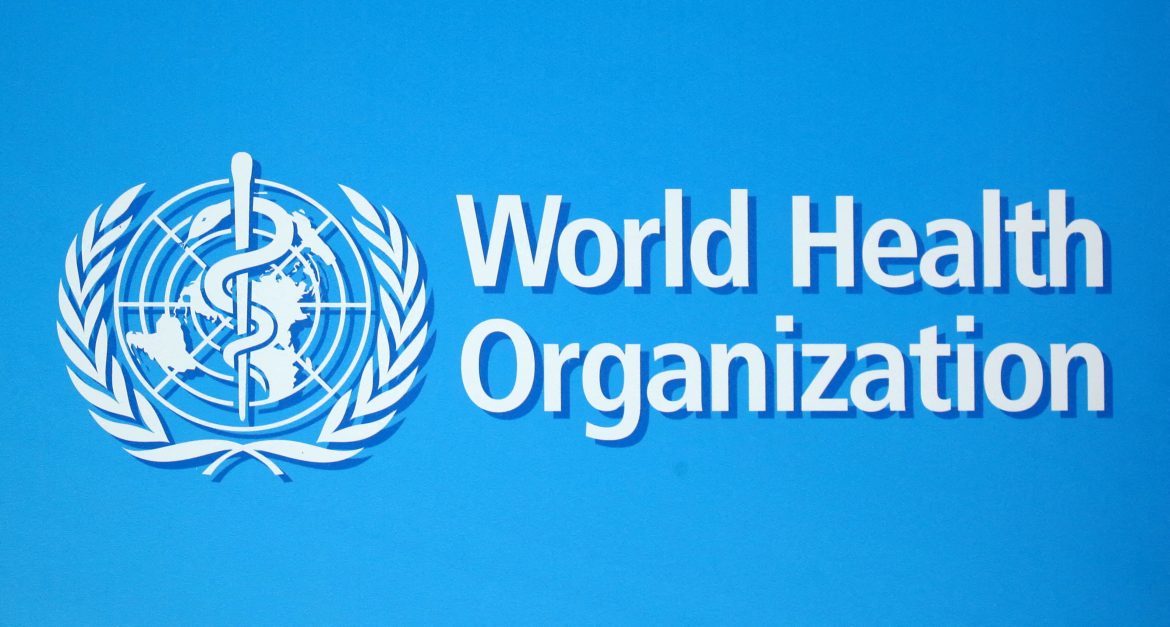By Iyemah David
Global health leaders have called on countries to strengthen their national public health agencies to ensure better preparedness and resilience against future pandemics.
They made the call on Sunday, in Berlin at the 2025 World Summit during a high-level session titled “Strengthening National Health Agencies for Future Pandemics.”
The sideline event was organised by the Alliance for Health Policy and Systems Research in collaboration with the World Health Organisation (WHO) Health Emergencies Programme.
Former New Zealand Prime Minister, Ms Helen Clark, called on countries to strengthen their national public health agencies to ensure better preparedness and resilience against future pandemics.
Ms Clark, who is also the incoming Chairperson of Gavi, the Vaccine Alliance, said that inspite of the world’s painful experience with COVID-19, many nations were still not adequately prepared for future outbreaks, warning that lessons from the pandemic must not be forgotten.
“Most countries going into COVID-19 were not prepared for a pandemic. We must process those lessons and ensure they inform everything we do for better preparedness,” she said.
According to her, strong, capable, and trusted national public health agencies are the institutional backbone of pandemic preparedness, response, and long-term health system resilience.
She emphasised that effective national health agencies require clear legal mandates, stable financing, coordination mechanisms across government sectors, and autonomy to act based on data and evidence.
He cited examples of countries that have strengthened their public health institutions following the pandemic.
She highlighted the transformation of the Korea Disease Control and Prevention Agency from a bureau under the Ministry of Health and Welfare to an independent body reporting directly to the highest level of government.
The reform, she said, granted the agency autonomy over resources, staffing, and coordination, as well as authority to propose and revise laws, issue regulations, and represent the agency in high-level decision-making forums.
“Strong national institutions are the bedrock of national and global pandemic preparedness.
“Their effectiveness will determine the success of global reforms such as the newly adopted pandemic agreement and the amended International Health Regulations,” she added.
She stressed that pandemic preparedness should not be seen as a technical checklist but as a question of governance, how decisions are made, information flows, and accountability is maintained between crises.
She also called for equitable access to essential health countermeasures, noting that “preparedness begins at home” and that no country should depend solely on global markets to protect its citizens.
“Every region needs the capacity to detect, produce, and deploy countermeasures, from diagnostics and data systems to vaccines and protective equipment,” she said.
She reaffirmed the commitment of the WHO, the Alliance for Health Policy and Systems Research, and the International Association of National Public Health Institutes to work together in building evidence, supporting institutional reforms, and promoting sustainable financing for public health systems.
She urged political leaders to remain engaged and empower their national public health agencies to respond decisively to emerging threats.
“The success of the pandemic agreement depends on national leadership of presidents and prime ministers asking, ‘Is my country ready for the next threat?’ and empowering their public health agencies to answer, ‘Yes, we are,” she said.
Executive Director of the WHO Health Emergencies Programme, Professor Chikwe Ihekweazu also addressed the summit.
Prof. Ihekweazu, who is also founding Director of the Nigeria Centre for Disease Control (NCDC), drew on his extensive experience in national public health agencies and emergency response.
Reflecting on the COVID-19 pandemic, Prof. Ihekweazu described the immense responsibility of public health leaders in advising ministers, presidents, and other high-level officials, coordinating across sectors, and communicating with the public.
“For the first time in our lifetimes, we saw how exposed we were to the challenges we faced. It was a traumatic experience for many, and the responsibilities we carried were immense,” he said.
He emphasised that while technical expertise in fields such as epidemiology and microbiology is essential, public health leaders must also navigate governance systems, balance technical advice with societal and economic considerations, and engage effectively with government decision-makers.
Prof. Ihekweazu highlighted recent efforts worldwide to establish or reform national public health agencies, citing Sierra Leone, Zimbabwe, Kenya, Singapore, and Japan as examples.
He stressed the importance of collective learning rather than relying solely on individual national experiences.
“We want to collect evidence of what works and what doesn’t. That is why collaboration with the Alliance for Health Policy and Systems Research is so important-for the agencies, for WHO, and for countries worldwide,” he said.
He further noted that governance systems vary across nations, influencing agency performance, and that flexible, evidence-informed strategies are critical to building resilient public health institutions.
“It’s about our collective wisdom and learning. We want national leaders to have the tools and courage to make the difficult decisions necessary for public health,” he added.
The summit session highlighted that national public health agencies must be empowered, well-resourced, and trusted to act swiftly and equitably, ensuring that countries can respond effectively to future health emergencies both in crisis and peacetime.




